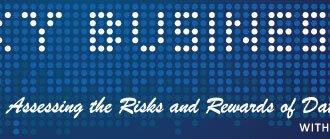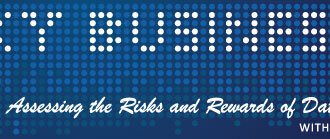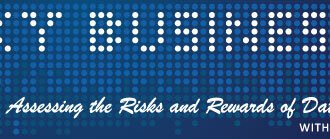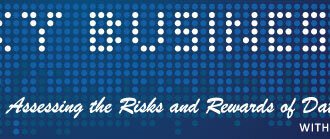

Both Ben Bernanke and Edward John Smith got it wrong. They made terrible forecasts that either wrecked the economy, or in the instance of John Edward Smith (his ship). Forecasting is hard, and even those who sometimes get it right, often fail on a continuous basis. But fear not, there are three steps you can take to drastically improve your forecast accuracy, but you’ll have to be willing to put in the work, and possibly put your ego aside to get there.
Simply stated, a forecast is “a prediction…of some future activity, event, or occurrence.” There are many types of forecasts including business, economic, financial, meteorology, political and more. In fact, everyone is a forecaster to some degree especially when we start thinking about future trends and how they might affect our families, companies, communities and…even countries.
But good forecasting is difficult, and even the so-called “experts” and pundits get it wrong more times than they’re right. With this in mind, here are three tips (surely there are more) to becoming a better forecaster.
First, understand that domain knowledge of a particular area doesn’t necessarily mean you’ll see the future better than anyone else. An article from the Financial Times chronicled Canadian psychologist Phillip Tetlock’s quest to improve forecasting techniques. Over 18 years, Tetlock accumulated over 27,500 expert forecasts on politics, geopolitics and economics. His shocking conclusion? According to the FT article, Tetlock discovered that so-called experts were terrible forecasters! These were people in their sphere of influence, with strong opinions and knowledge about things they understood quite well. However, their forecasting track records—over time—were no better than chance. So if you believe yourself to be an “expert”, it’s probably better to take a more humble approach.
Second, if you want better forecasts, run your expert opinions by others. Phillip Tetlock, Barbara Mellers and Don Moore run “The Good Judgment Project”. It’s a collection of more than 20,000 volunteer participants who offer up opinions on economic and geo-political events. Through their research, Tetlock, Mellers and Moore learned that when expert forecasters were broken into teams, their discussions and sometimes heated arguments bore better results. With the biblical adage, “iron sharpens iron”, when you bounce your expert forecasts off others, research from the Good Judgment Project shows that you’ll end up with more accurate depictions of future events.
Third, bring your data—in fact, bring all of them. Sometimes, when making expert forecasts we assume that only what we deem as a relevant data set is needed (maybe what’s in the corporate data warehouse) for the best decision making.
However, because the world is complex, and there are often many variables that contribute to an event or outcome, it’s better to bring all your data to the task. So this means, data that might be locked away in non-tabular “messy” formats such as call detail records, machine logs, or JSON data sets can and should be processed, refined and analyzed. And don’t be afraid to look for data sets outside what you own in your internal data stores. There are plenty of data brokers that might have data you need to help unlock the puzzle of where to direct your corporate resources next.
Looking for more on the latest in forecasting? Tim Hartford’s FT article is a great place to start. I’m also a fan of Cullen Roche’s macro approach to understanding markets and financial flows. And no discussion on forecasting would be complete without referencing Nassim Taleb’s sometimes caustic critiques of the forecasting profession.
So if you want to be a genius forecaster, follow these three steps. First, drop any bit of hubris that comes with the forecasting profession and be open to other opinions. After all, as John Kenneth Galbraith once said, “There are two kinds of forecasters: those who don’t know, and those who don’t know they don’t know.”
Next, once your guard is down, you’ll be able to run your ideas by other experts and maybe come up with a better idea than your original one. Don’t be afraid to argue your point. But also be wise enough to be quiet and listen. You can learn a lot by simply closing your mouth and opening your mind.
Finally, bring all the data you need to solve a problem, not just the clean data, or those that are easily sourced. Sometimes, there’s signal in the noise. But if you want better forecasts, you’re going to have to do the really hard work to find it.










